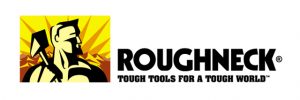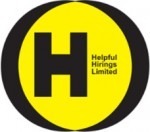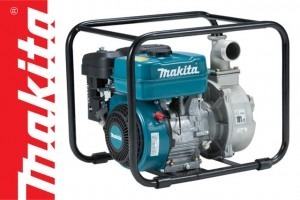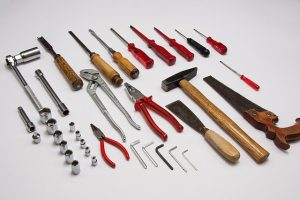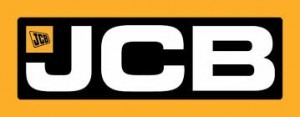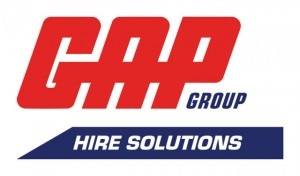Electrical power tools, lawn mowers and leaf blowers aren’t the only tools in your garden you need to operate with care. Virtually every smaller garden tool will be sharp or pointed in some way or another. One wrong move and you could end up with a small cut or worse…
Hand Safety
Many gardening injuries involve hands and fingers. You should wear a sturdy par of garden glove to protect your hands against cuts, irritants, insect bites, thorns and soil. You should choose tools that suit you by getting a feel for them before you buy. Things like handle size, weight and length are all crucial when it comes to using a tool safely. Blisters and muscle pain can results from using a handle that has either too small or too large finger grips for your hand. Also, make sure you buy new tools when yours are in bad shape because any weathered tool can easily break and cause injury.
Don’t use your hands to dig holes, as the soil can contain buried objects like broken glass, tree roots or sharp rocks which can injure you.
If a tool is adjustable, make sure that any adjustment is firmly secured before using it again.
Tool Maintenance and Good Practice
Keeping your tools well-maintained makes them last longer and makes them safer to use. For example, keep your blades of your shears sharp by using a sharpening stone. If you prefer, you can take them to a garden centre for sharpening. Working with blunt tools take up more time, energy and it puts unnecessary pressure on joints and muscles as well as being dangerous.
You should also hang up your tools such as rakes, spades and forks as soon as you’re done with it. This stops you, your children or anyone else from tripping over them on getting their hands on your tools. In fact, you shouldn’t let a child enter your storage area without permission or being left unattended. Smaller hand tools such as trowels and secateurs should be kept in dry storage bags to prevent them from getting damp and rusty.
Never carry sharp tools in your pocket. You might forger about them and cause serious injury to yourself. You can use a multi-tool belt to carry several tools safely. Make sure you know what each tool is used for and only use the appropriate tool for the job. If you want to be extra safe, take a first aid box with you.
By taking safety precautions and working tidily, you can reduce the risk of injury and make sure your tools last longer as well. However, as an extra safety measure, you should keep a well-stocked first aid box handy and ensure you’re up to date with your tetanus vaccination.

